The venue is a large room in London’s Institut français, its windows looking out over the crazed Victorian skyline of South Kensington. French academic Frédéric Ogée looks slightly taken aback by the crowd, a mix of all ages that has just filled up every available seat – indeed, staff are starting to turn away latecomers to the lecture he is about to give, a fascinating half-hour examination of ‘Englishness’ in English art. At the end of the talk, Ogée is forced to cut short the barrage of questions from the audience in order to clear the room for the next speaker on the bill of the Institut’s View Festival.
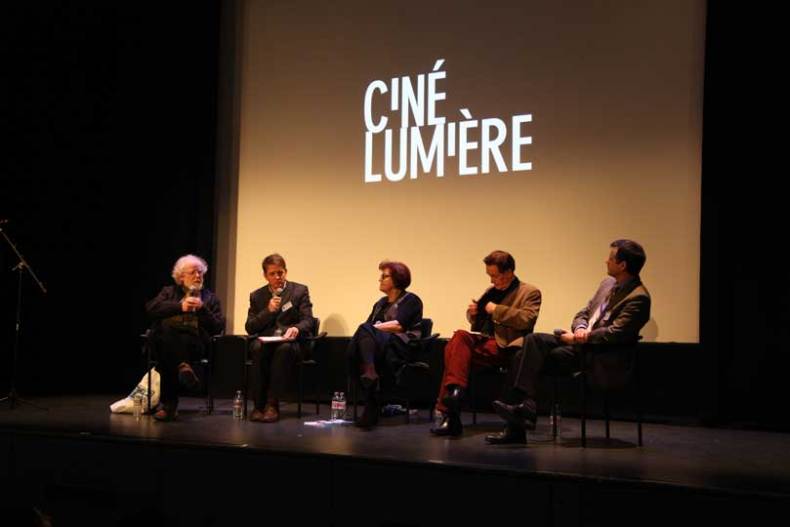
Debate on the theme of ‘Fakes & the Issue of Authenticity’ on Saturday 8 February 2014. Photo: David Maginot / beyonder.tv
The public interest in the talk shouldn’t really be surprising. The View, which had its first edition this month, is Britain’s first art history festival – which, taking into account the fact that the UK has festivals dedicated to everything from Heavy Metal to knitting comes as something of a surprise. Given London’s position as a global art capital, it seems bizarre that nothing like this has ever taken place in the city before.

Debate on the theme of ‘Fakes & the Issue of Authenticity’ on Saturday 8 February 2014. Photo: David Maginot / beyonder.tv
For Adélia Sabatini, co-curator of the festival, the idea came from studying similar, larger events in France – notably the enormous Festival de l’histoire de l’art, held in Fontainebleau – whilst also ‘conjuring the spirit’ of the Institut’s wildly successful and inventive late-night philosophy evenings. ‘Outside of universities and museums, there isn’t really anywhere you can learn about art in Britain,’ she explains ‘we wanted to bring some interesting debates and subjects to a non-academic audience.’
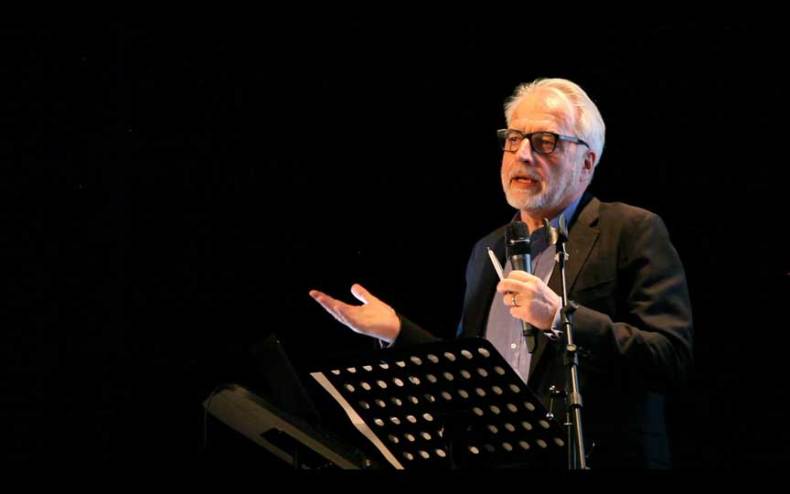
IMG_9003 Martin Roth, Director of the V&A speaking in the debate on ‘The Role of Museums’ on Saturday 8 February 2014. Photo: David Maginot / beyonder.tv
Because few advance bookings were made available, Sabatini and her fellow organisers could have no idea as to whether the inclusive programme would pull in the public until the doors to events actually opened. The imaginative planning and execution of the festival was, deservedly, an enormous success; as was the case at Frédéric Ogée’s talk, events were ‘pretty much completely full.’
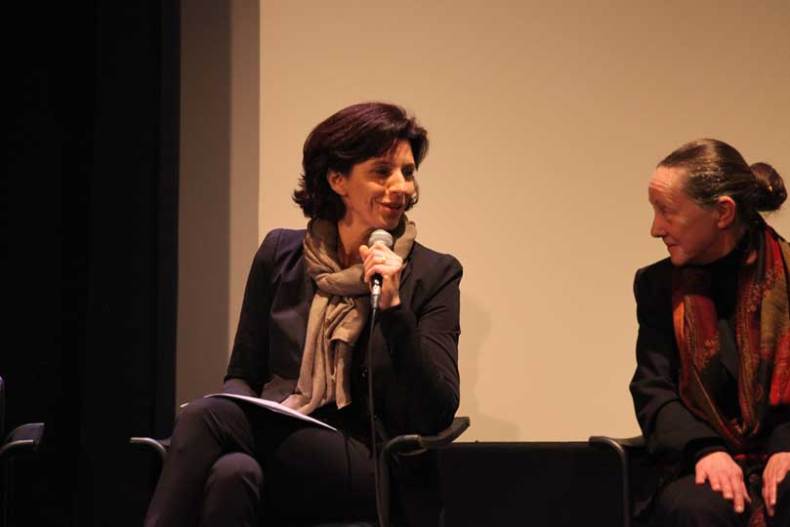
Debate on ‘The Fate of Europe’s Treasures After WWII’ on Friday 7 February 2014. Photo: David Maginot / beyonder.tv
Some of Europe’s most respected academics and experts, including the Tate’s Penelope Curtis, the National Gallery’s Nicholas Penny and Sylvie Patry of the Musée d’Orsay were brought in to give lectures on everything from forgery to art history’s future and ideas of national identity, while guided museum tours made the most of London’s galleries and collections. Debates and panel talks were also held, including a discussion on the value of collecting, chaired by Apollo’s very own Thomas Marks.
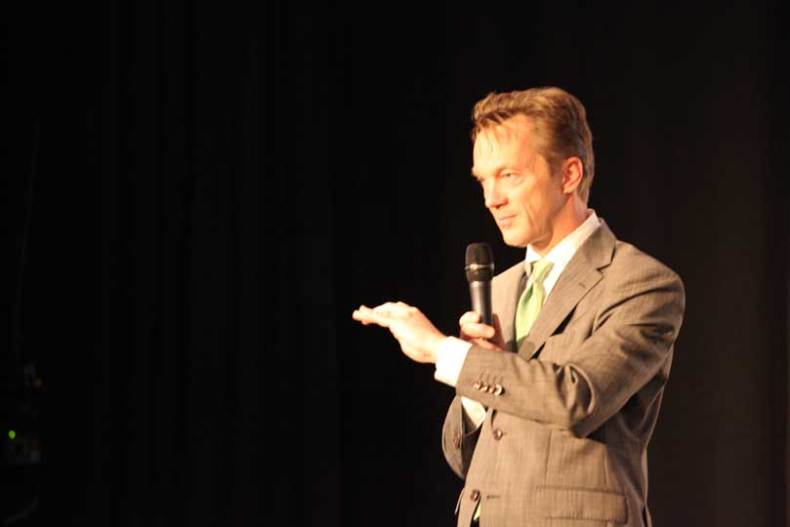
Wim Pijbes, General Director of the Rijksmuseum, giving his talk entitled ‘The question is not what a country can do for a museum, but what a museum can do for a country’ on Saturday 8 February 2014. David Maginot / beyonder.tv
All events were filmed and will soon be made available on the festival website – as well as a source of news for future events, it’s going to double as a sort of art historical TED. Beyond this, the View Festival’s triumph this year has ensured that plans are already underway for a second edition at the Institut in 2015. The challenge is to identify different topics that excite similar interest. Whatever they do come up with, (‘I’m hoping it’s going to be a bit easier this time,’ Sabatini admits) it will be interesting to see whether this laudably un-patronising and often gratifyingly weird programme becomes the annual fixture it deserves to be.
View Festival ran from 7–9 February 2014, at the Institut français.
View the full programme and further details on the festival website
Join the debate: related articles and discussions in The Muse Room:
Fakes & the issue of Authenticity
Fixed Price? Valuing Fake or Damaged Art
Unfortunate Fake: Chagall forgery to be burnt
Play Your Cards Right: ‘Caravaggio’ in Clerkenwell
The Fate of Europe’s Treasures after WWII
Germany proposes a new law to enable the return of looted art
Second Gurlitt Hoard comes to light
Unlimited access from just $16 every 3 months
Subscribe to get unlimited and exclusive access to the top art stories, interviews and exhibition reviews.

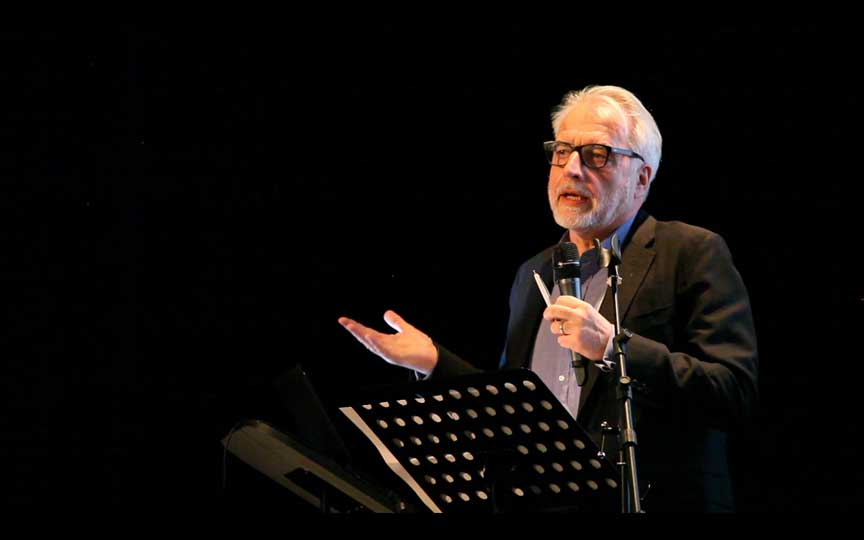
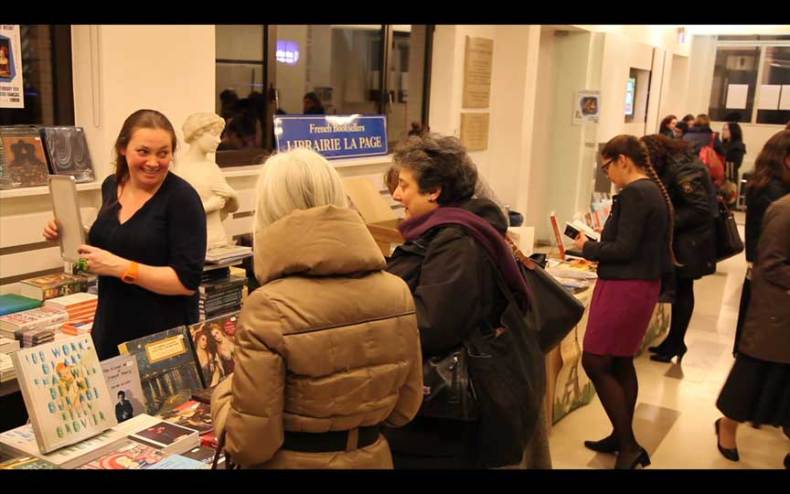
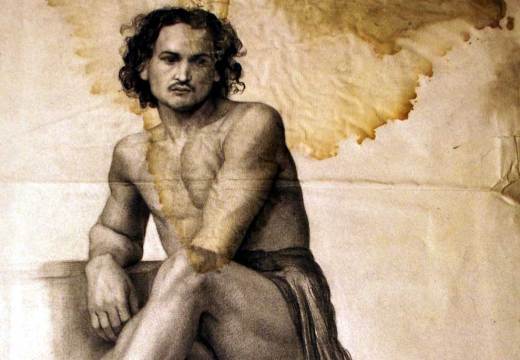
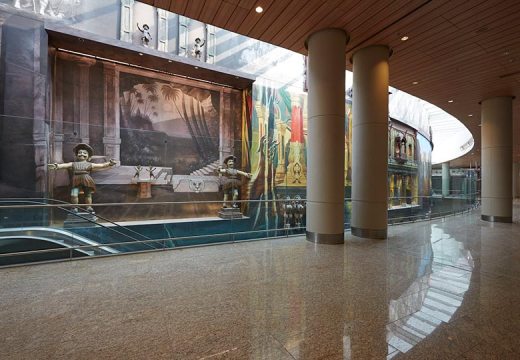
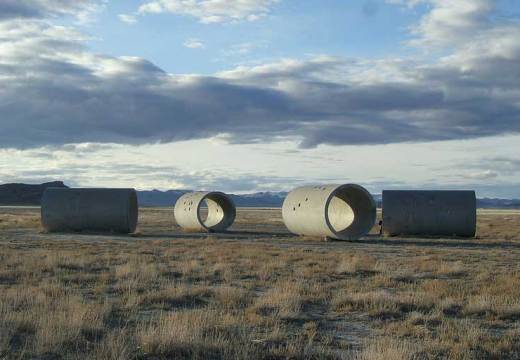








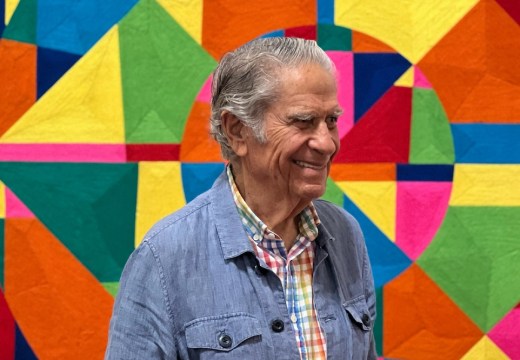
![Masterpiece [Re]discovery 2022. Photo: Ben Fisher Photography, courtesy of Masterpiece London](http://www.apollo-magazine.com/wp-content/uploads/2022/07/MPL2022_4263.jpg)
It’s time for the government of London to return to its rightful home